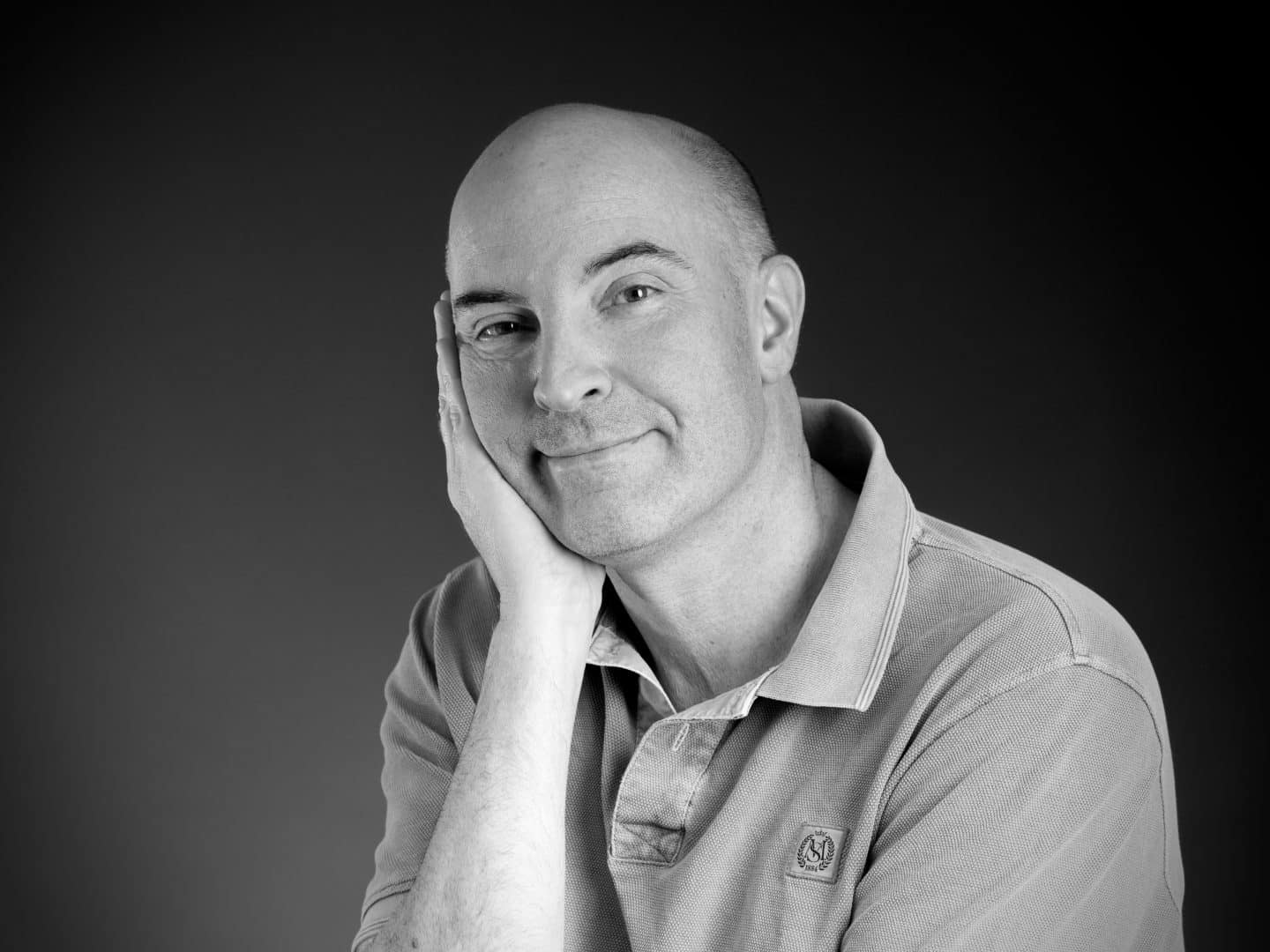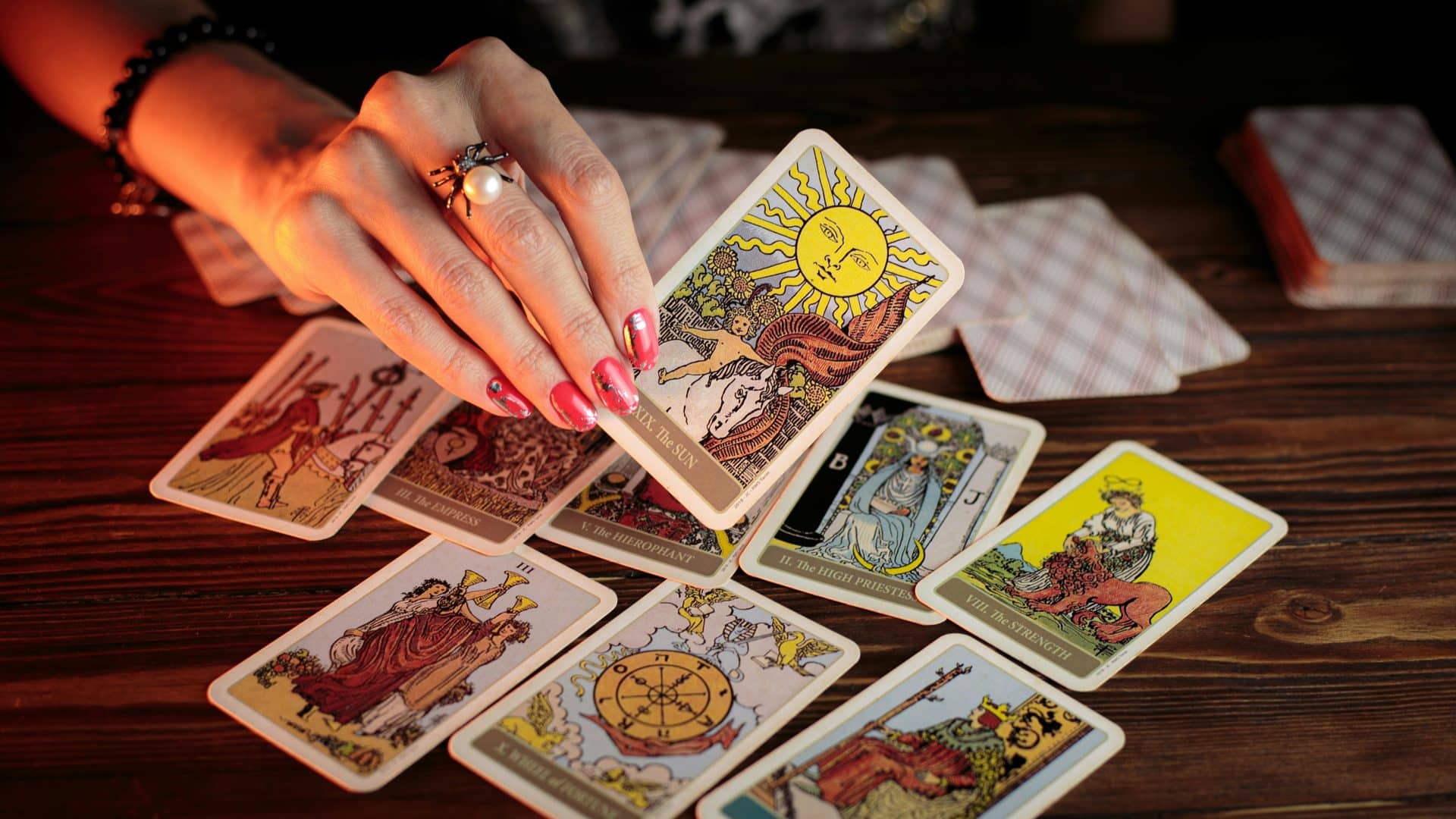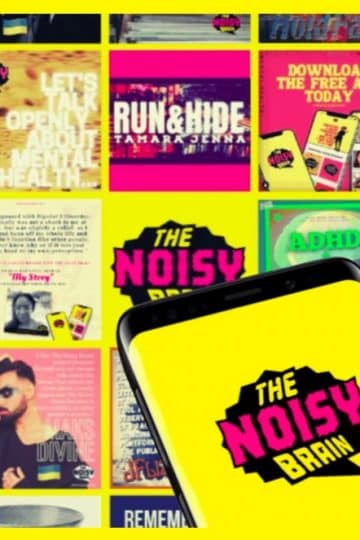The clairvoyant told me: ‘You’ve been thinking dark, drastic thoughts’
Mental Health
Author David Griffiths on how a visit to a tarot reader at a time when he was suicidal, helped inspire his new novel
You might think this is weird but I’m listening to a tape recording I made of myself twenty-eight years ago.
I’m sitting in my office-study on a winter night and the view outside my window is dark and still. A small lamp casts nets of light over the equipment I’ve retrieved from the attic – a cassette-player and some tapes, one of which has sent goosebumps racing up my arms as I sit listening to my nineteen-year-old self. The cassette had a white sticker on it with the initials JC spidered in blue biro. It turned out to be a recording I made when I went to visit Julian Caruso, a celebrity hypnotist who worked the Midlands theatre circuit back in the nineties. Julian tended to double as a fortune-teller in those days, earning himself a reputation as being “spookily accurate”, which was what convinced me to let him read my cards.
The voice I ended up listening to is certainly self-doubting and unsure enough to be mine. I haven’t heard it in twenty-eight years but I’d recognise the lack of confidence and timidity anywhere. It’s sobering to think this shy, sad young man who’s confiding his secrets is doing his utmost to pretend he isn’t struggling.
‘I dunno what to do next,’ he says. His voice sounds diminutive, and coming out of the speakers, tinny.
I pour myself a cup of tea, and sit back at my desk, remembering how the nineteen-year-old I was then used to smile cheerfully even when he didn’t feel cheerful. The night outside the window is black, but it isn’t nearly as dark as the darkness that the nineteen-year-old experienced back then.
‘You’re lonely because you’re bereaved,’ Julian says through the speakers, and I can hear him shuffling his tarot cards. He’s guessed right, as it happens, which is startling. I lean back in bafflement, my chair creaking unexpectedly, as though it’s surprised about it too.
‘Your friend’s passed. He wasn’t old. It was unexpected. He’s left you feeling abandoned.’
I listen to the kindly voice of Julian Caruso and hear him place his tarot cards down on the table in a row. The images seemed violent to me – a hanged man, Death personified, a tower struck by lightning – and the memory of Caruso’s office springs to my mind, with its blinking fluorescent light, a beige carpet, and a kettle in the corner.
‘You wanted to talk to him. Something was bothering you. You never got the chance.’
‘I miss him,’ I say, and I remember trying to keep my face neutral. I wanted to test him. My posture stayed stiff throughout the reading because I wanted to see whether or not he was clairvoyant… or if he was reading my body language for subliminal clues.
‘You wanted to tell him a secret you’d been holding back,’ Julian says, and his voice is understanding and patient. ‘You knew he was someone you could talk to … about anything.’
My friend died at nineteen. The ‘mystery virus’ was unique, though I never got a chance to ask his parents about it, or what his final moments in hospital were like, because they were so stricken and uncommunicative I didn’t think it was appropriate to ask them. My friend died in a matter of days. I had been laughing and trading mock-insults with him over the phone thirty-six hours before he collapsed.
‘I think he would have known what to say… or that is what you think,’ Julian tells me. I’m checking his predictions and insights to see whether he was right, which I’m able to do with great accuracy and objectivity, considering the benefit of twenty-eight years’ hindsight.
‘You feel guilty.’
Check.
‘You think you’re a bad person. You don’t like yourself.’
Check.
‘You want to be a writer.’
Check.
‘You haven’t written anything yet though, and you think you’re probably rubbish.’
Check.
‘You love your girlfriend but you’ve been seeing someone else and you can’t bear the idea of hurting her.’
Check.
‘You think you might be in love with two people. One of them might be pregnant.’
Check.
‘Your cat’s gone missing.’
Check.
‘You think there’s no way through this. A solution can’t be found. You’ve been thinking dark… drastic thoughts. It might be better … not to be here.’
Check. Check. Check.
It’s funny though: to think that at the time suicide seemed like a solution. It’s also funny to look back and remember how everything had seemed so impossible. How changed my life is, nearly thirty years later, and how blessed I feel to have a family I love and a worthwhile job, are things I couldn’t have imagined back then, and they would not have come to pass if I’d acted on my ‘drastic’ thoughts.
The teenage suicide rate is increasing, year by year, and my life as a teacher in Further Education has brought me into contact with teenagers like that young fellow, and they are often experiencing the problems much the same. There are even times when I want to tell them I know how they’re feeling. Obviously, I feel doubtful about recommending clairvoyants, because I’ve encountered many of them since, and nearly all were fakes. I’m listening to this tape now, though, and there are moments when it’s like hearing Albus Dumbledor.
‘Your friend isn’t pregnant, Harry.’
Check.
‘Your cat won’t be coming home, Harry.’
Check.
‘You’ll write a book one day about the “other side”, Harry.’
Check.
Nearly everything Julian Caruso mentioned on that tape has come to happen as he’d said it would.
The other thing: he’d mentioned that I’d write my book when I was older. It is true I’d always loved spooky stories, which is probably why I visited him in the first place instead of phoning Samaritans or going to a councillor. Did I write about ‘the other side’ because he’d planted the idea in my mind? Or was the novel going to happen one way or another?
Either way, the night outside my window is unfathomable and still, and the room I’m sitting in is empty and quiet. Except, that is, for the cassette-recorder on my desk and the young man’s sorrowful confessions… and all the mysteries of the universe.

Trending

Join The Book of Man
Sign up to our daily newsletters to join the frontline of the revolution in masculinity.


















